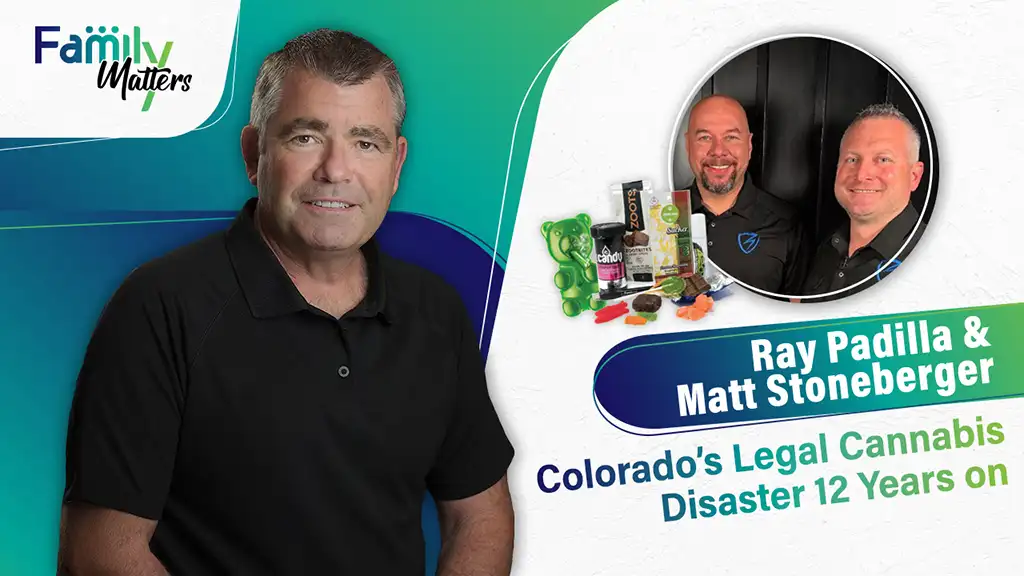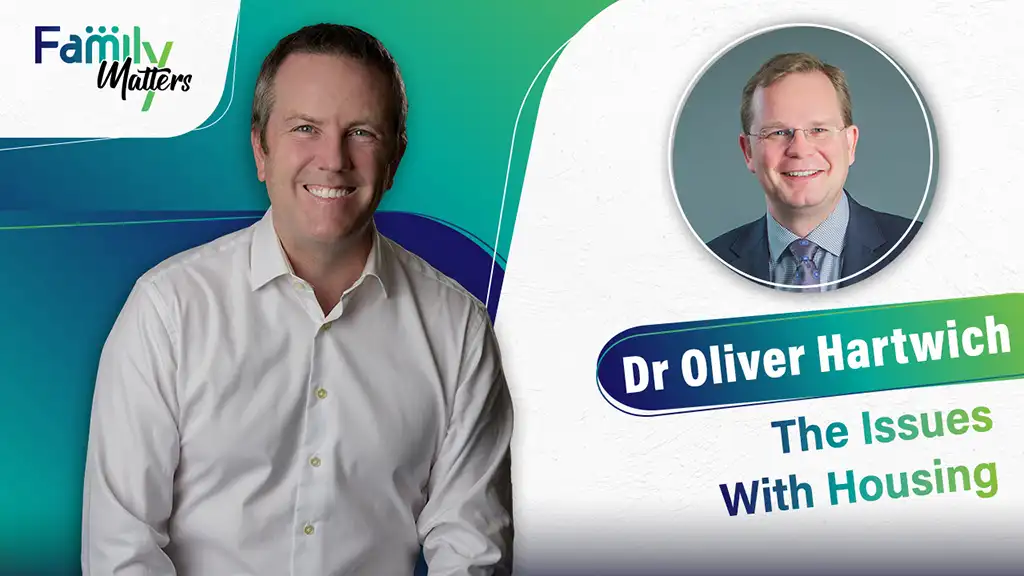Family First’s Bob McCoskrie made an oral submission against the Queenstown Lakes District Council’s (draft) Brothel Control Bylaw this morning. The prostitution law has failed to achieve its stated objectives of improving the safety, health and welfare or the conditions of prostitutes. What it has achieved is greatly improving the conditions for pimps and brothel owners. Councils need to push back against the industry. How can we be serious about reducing sexual violence against women when the state legitimises the sexual abuse and exploitation of vulnerable people. There is a healthy stigma against prostitution – and for good reason.
The sad reality is that the prostitution industry is harmful and dangerous despite attempts by the Prostitutes Collective to paint it as otherwise, and more and more vulnerable people are becoming victims because of the flawed decriminalisation of prostitution
Despite the sales-pitch, prostitution work is high-risk and harmful based on official statistics and the testimonies of women who have managed to exit the industry, and that to label it ‘ethical’ ignores reality.
Decriminalisation has failed to achieve its stated objectives of improving the safety, health and welfare or the conditions of the workers. What it has achieved is greatly improving the conditions for pimps and brothel owners.
And councils need to push back
Prostitution is harmful to workers and communities and the association of prostitution with gang and criminal behaviour, alcohol and drug abuse, and sexual abuse and violence means that we are sentencing more and more vulnerable people to an unacceptable situation.
How can we be serious about reducing sexual violence against women when the state legitimises the sexual abuse and exploitation of vulnerable people. There is a healthy stigma against prostitution – and for good reason.
There was supposed to be another review of the law in 2018 but it was never done and there is no intention for it to be done according to the Ministry of Justice.
We commissioned some researchers to review it.
The report highlights several significant concerns:
- Health and safety violations – and the reality of violence. Continuing health and safety violations include coercion into unwanted sex acts, high levels of violence, physical injury, unsafe sex, and exploitative practices such as long working hours. Violence is a risk every prostitute takes on a daily basis. Assault, rape and strangulation are not uncommon.
What other business or sector of society in New Zealand would tolerate this – and yet the sex industry is sold as a success story. Where is the Occupational Safety and Health? No other work employment sector has a risk factor where rape is considered an inherent part of the work, and why would we want a family member to be in a type of work where there is a 35% chance of being sexually molested i.e forced to accept sex from a man they did not want to.
Fuelled by increasingly violent pornography and a notorious drinking culture, punters frequently enjoy hurting women; overseas studies show that some men think raping a prostitute is not even possible. As a result, studies continue to document depression, post-traumatic stress disorder (PTSD), anxiety disorders, dissociative disorders and bipolar disorder in women involved in prostitution.
Yet New Zealand’s official Health and Safety Manual for prostitution normalises violence and coercion by advising prostitutes to ‘identify potentially dangerous situations,’ and to devise strategies ‘to protect themselves.’ The prostitutes’ collective stated openly in 2016 that it was impossible to wipe out violence in the industry.
- Low rates of reporting and prosecuting violations. Fewer than 20% of those who had been physically assaulted reported it to the police. Since 2003 there have been only two prosecutions for coercion – committed usually by women’s managers (pimps) – despite repeated reports that it happens frequently.
- The black market. The industry realities of gang involvement, child exploitation and internal trafficking are largely denied or ignored by the NZPC. The Ministry for Children at the time confirmed that no funding had been made available to tackle under age prostitution.
- Lack of support for exiting the industry. No resources have been provided to support women who wish to exit the industry. When the law reform was being debated, it was promoted as helping to prevent entry and facilitate exiting, however the NZPC does not support that approach.
- Brothel inspections: mandated but not happening. Only 11 brothel inspections were made across the whole of New Zealand in a decade.
- Failure to implement recommended changes: A review of the law reform in 2008 made 28 recommendations, however, only 11 have been followed through in any way. 17 ignored.
Despite dangerous conditions continuing, New Zealand’s prostitution law reform has been widely lauded – particularly overseas – as beneficial for the women involved. The main reason for this misinformation: the conversation is dominated by the New Zealand Prostitutes Collective (NZPC), a lobby group whom the Government and Councils rely on overwhelmingly for information regarding any issue related to prostitution. NZPC does not provide support for those wishing to exit, has no official contact with the black market of prostitution, and plays down the industry-wide realities of violence and exploitation – denying the existence of under-age abuse and internal trafficking, rejecting the voices of exited women, and amplifying the voices of pimps.
The NZPC has always advocated for normalising prostitution as ordinary ‘work’.
How many of you dream of your daughter becoming a prostitute. Don’t make it easier.
Our recommendation is that the Council do not liberalise the existing bylaws in any ways. Especially, keep it out of sight of families and children.
We would also encourage the Council to remove brothels out of the CBD
Finally, I would ask that you have a forum that allows for former prostitutes to speak freely. They will tell you that prostitution has wrecked their lives, many suffer from post-traumatic stress disorder, that their troubled upbringings attracted them to prostitution, and that the only solution is to prosecute buyers in order to help prostitutes out of the industry.
Jaewyn who is a former prostitute posted on her Facebook page: “Sadly another prostitute called Renee is murdered in Christchurch. My heart goes out to her family and friends. And it reminds me again to say that no one enters prostitution because everything in their life is fine. Theres always a reason. I’ve NEVER met a prostitute who hasn’t had past abuse of some kind, and often its sexual. Its not a normal job and has one of the highest risk factors of any job with violence towards them. You never know if your next client is going to rape you or even murder you. When our government legalized prostitution, they made it into a so called normal job. And it NEVER will be. Prostitution damages your soul and can take years to heal even if you have left it a long time ago. Believe me i know. I was diagnosed with PTSD years after i left because of it. I don’t want anyone else to go threw the same.”



